Exploring urban environments alone can be an incredibly rewarding experience, but it can also be daunting and even dangerous if you’re not properly prepared. Whether you’re a seasoned traveler or a first-timer, it’s important to take your safety seriously when traveling solo. With that in mind, here are a few tips for staying safe while exploring urban environments alone.
1. Research Your Destination
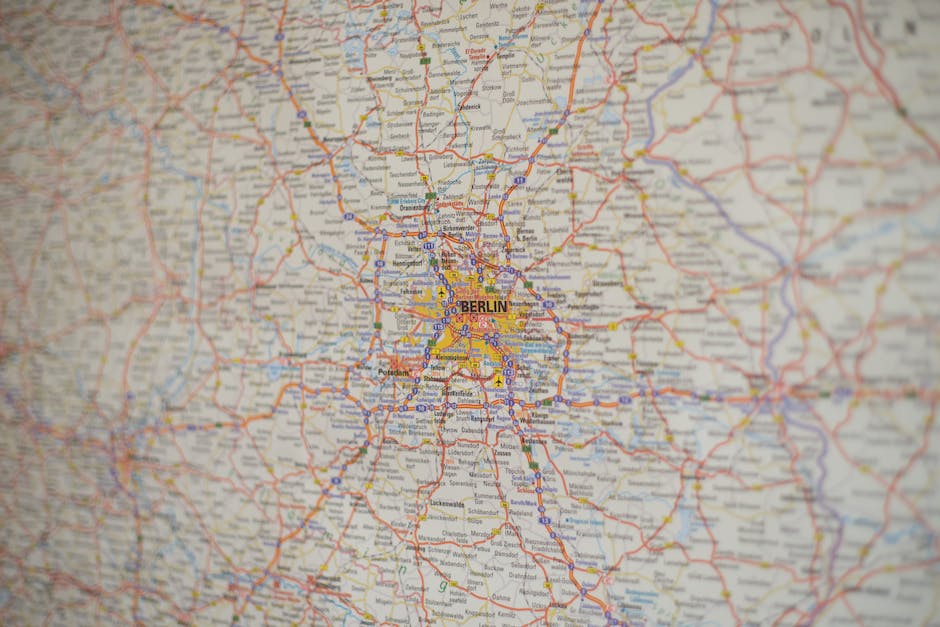
Researching your destination is a crucial part of staying safe when exploring alone. Before embarking on your adventure, make sure to familiarize yourself with the city’s layout and learn about any areas that may be unsafe. This will not only help you avoid any potential danger zones but also give you a better idea of where to go and what to see.
In addition to knowing where to avoid, it’s also important to learn about the local laws and customs. Some areas may have dress codes or specific codes of conduct that tourists should be aware of. Dressing appropriately and respectfully can help you avoid unwanted attention and make your trip more enjoyable.
2. Plan Your Route

When exploring an unfamiliar city, it’s important to plan your route ahead of time. By mapping out your journey beforehand, you can ensure that you stay on well-lit streets and avoid isolated areas. Instead of taking shortcuts through alleys or other potentially dangerous areas, stick to main streets and thoroughfares.
In addition to planning your route, it’s also important to let someone know where you’re going. This can be as simple as sending a quick text to a friend or family member with your itinerary. By keeping someone else in the loop, you’ll have an extra layer of security in case anything goes wrong.
3. Keep Your Phone Charged
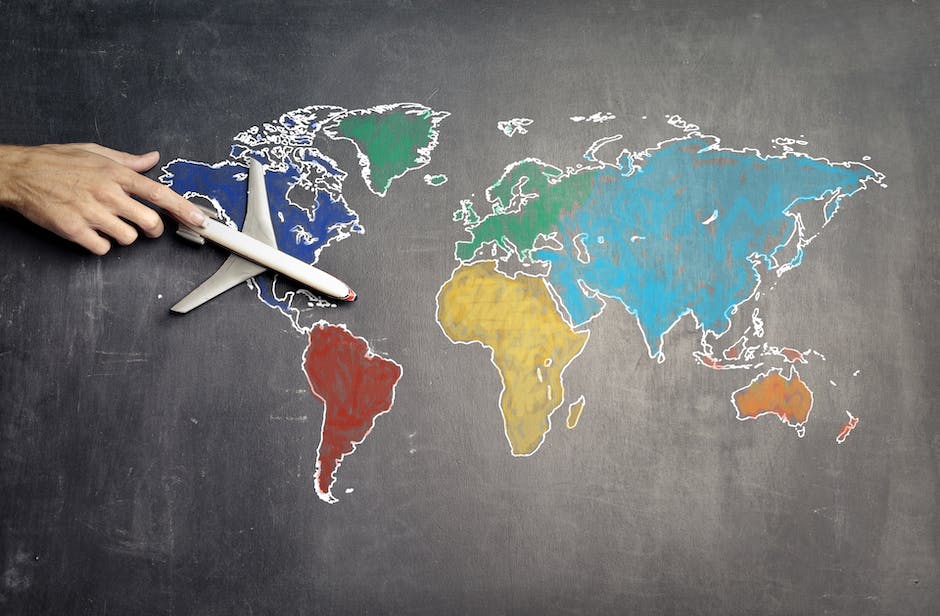
A fully charged phone is an essential tool when exploring alone. Not only can it help you navigate an unfamiliar city, but it can also serve as your lifeline in case of emergency. Make sure to bring a portable charger or extra battery pack to ensure that your phone stays powered up throughout the day.
It’s also a good idea to save important contact numbers in your phone’s contacts. This might include emergency services or a trusted friend or family member who can help you out in a pinch.
4. Trust Your Gut

When exploring alone, it’s essential to trust your instincts. If a situation feels uncomfortable or unsafe, don’t second-guess yourself. Remove yourself from the situation as quickly as possible and seek out a well-lit, populated area where you feel more secure.
Don’t worry about offending anyone or seeming paranoid – your safety should always come first. If something feels off, listen to your gut and take action accordingly.
5. Blend In

Dressing like a tourist can make you stand out and attract unwanted attention. To avoid becoming a target, try to blend in with the locals. This might mean wearing similar clothing or avoiding flashy jewelry or accessories that draw too much attention.
That said, it’s also important to dress comfortably. Make sure to wear shoes that are appropriate for a day of walking or sightseeing, and choose clothing that is comfortable and doesn’t restrict your movement.
6. Stay Alert
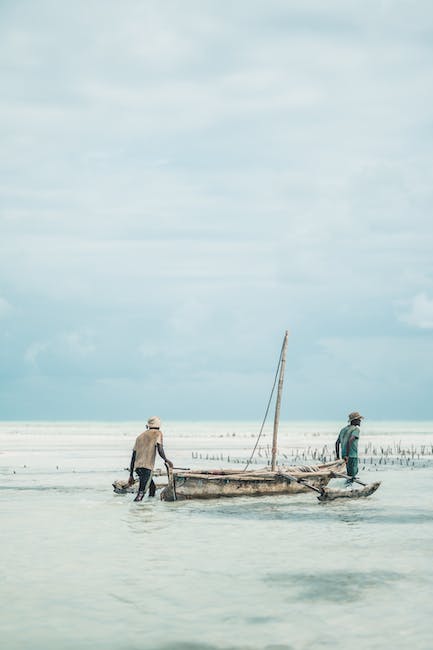
When walking alone in a city, it’s important to stay alert and aware of your surroundings. Avoid wearing headphones, which can distract you from your environment, and keep your phone and valuables safely concealed.
Try to maintain good posture and eye contact, and make sure to keep your head up so that you can see what’s going on around you. By staying alert and focused, you’ll be better able to gauge potential threats and react accordingly.
7. Use Common Sense
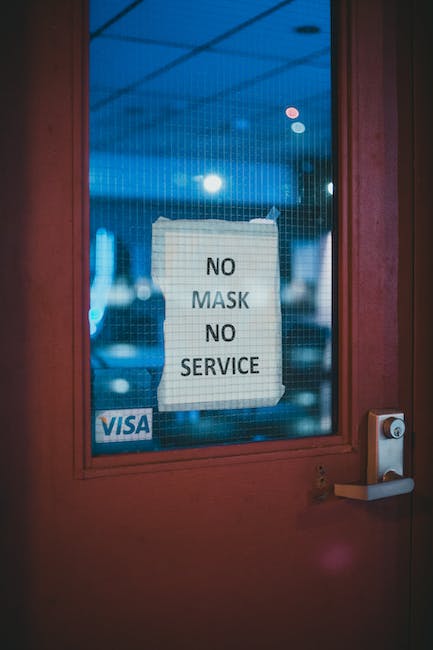
Traveling alone requires a healthy dose of common sense. Don’t accept rides from strangers or take drinks from people you don’t know. Keep an eye on your belongings at all times, and avoid leaving them unattended in public places.
When using public transportation, try to stick to crowded and well-lit areas. If you’re unsure about a particular route or method of transportation, don’t be afraid to ask for advice or help from a reliable source.
8. Don’t Share Too Much Information
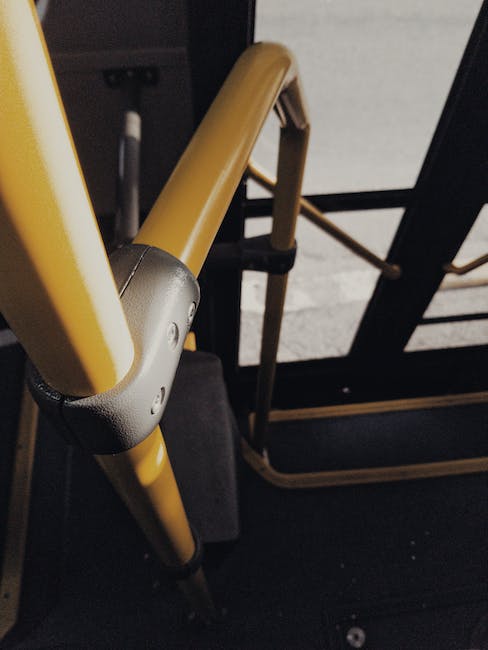
When meeting new people while traveling alone, it’s important to be careful about what information you share. Don’t give out your full name or exact location, and avoid revealing too much about your travel plans or itinerary.
Instead, focus on getting to know people in a casual, friendly way. Stick to safe, public spaces when meeting up with new acquaintances, and be upfront about your boundaries and expectations.
9. Check in with Someone Regularly

Checking in with someone back home is a simple but effective way to stay safe when exploring alone. Make sure to let a friend or family member know where you are and what you’re doing, and be sure to contact them at regular intervals throughout the day.
If you’re traveling overseas, consider investing in a local SIM card or portable hotspot to make it easier to stay connected. This can be a lifesaver in case of emergency, and will also help put your loved ones’ minds at ease.
10. Learn Self-Defense
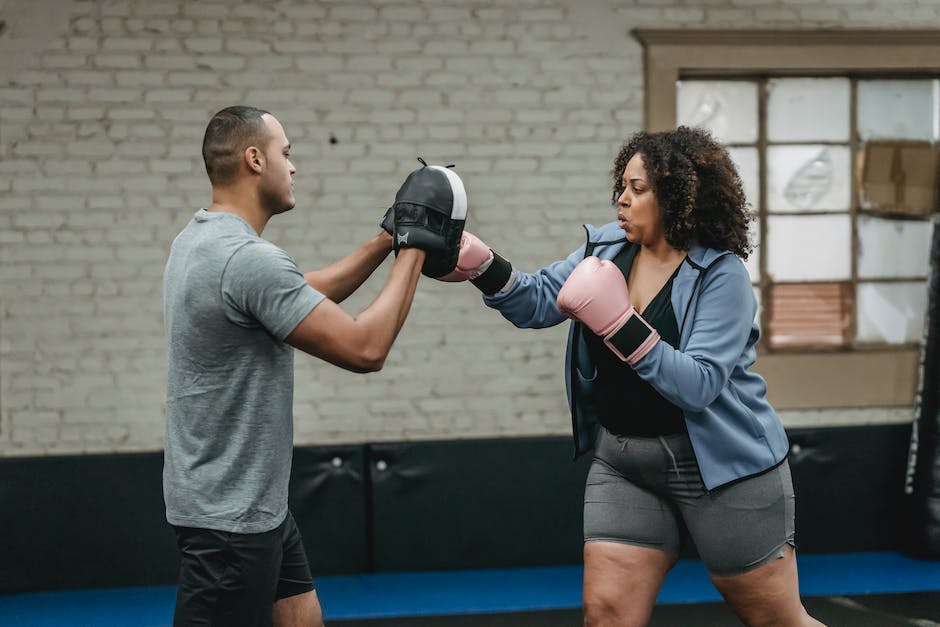
Finally, consider learning basic self-defense techniques before embarking on your solo adventure. Knowing how to protect yourself in case of emergency can help you feel more confident and secure as you explore new cities and environments.
You don’t have to be an expert fighter to stay safe. Simple techniques like learning how to properly strike or break free from an attacker can be incredibly useful in a pinch.
Whether you take a formal self-defense class or just practice some basic moves on your own, knowing how to defend yourself is an important part of being a responsible traveler.

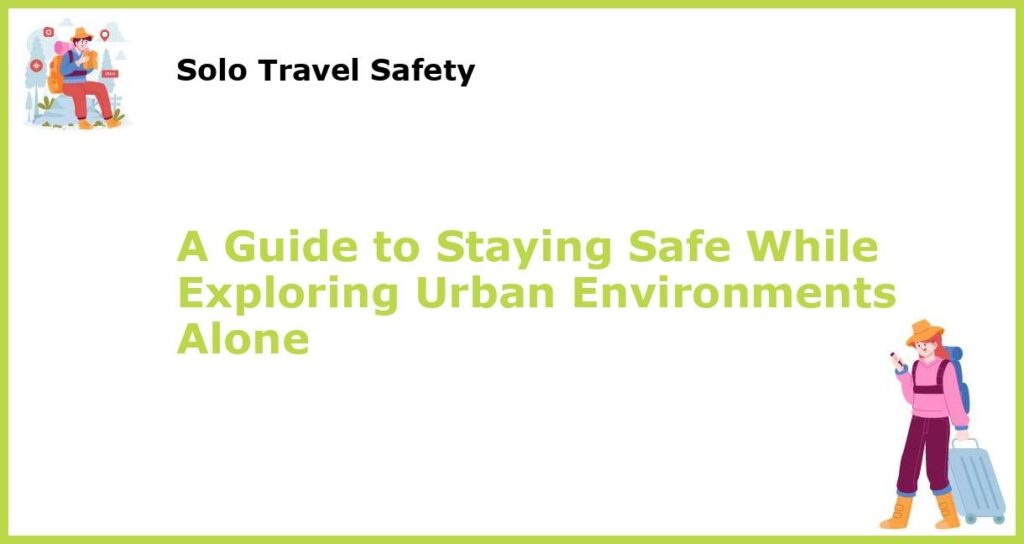






 You might also be interested in those articles related to solo traveling
You might also be interested in those articles related to solo traveling